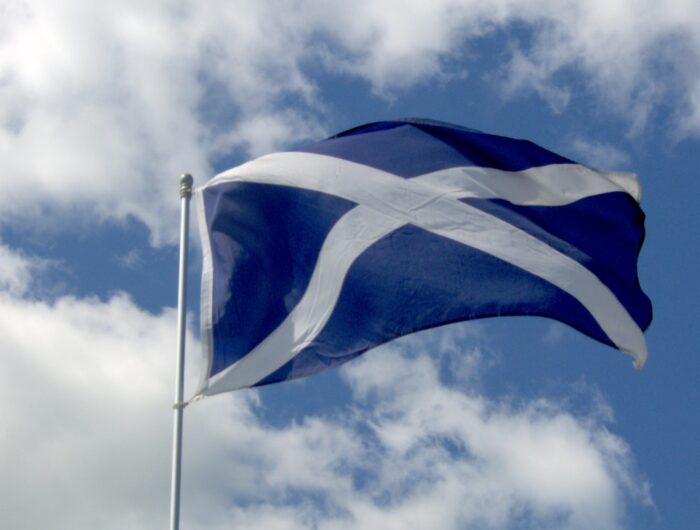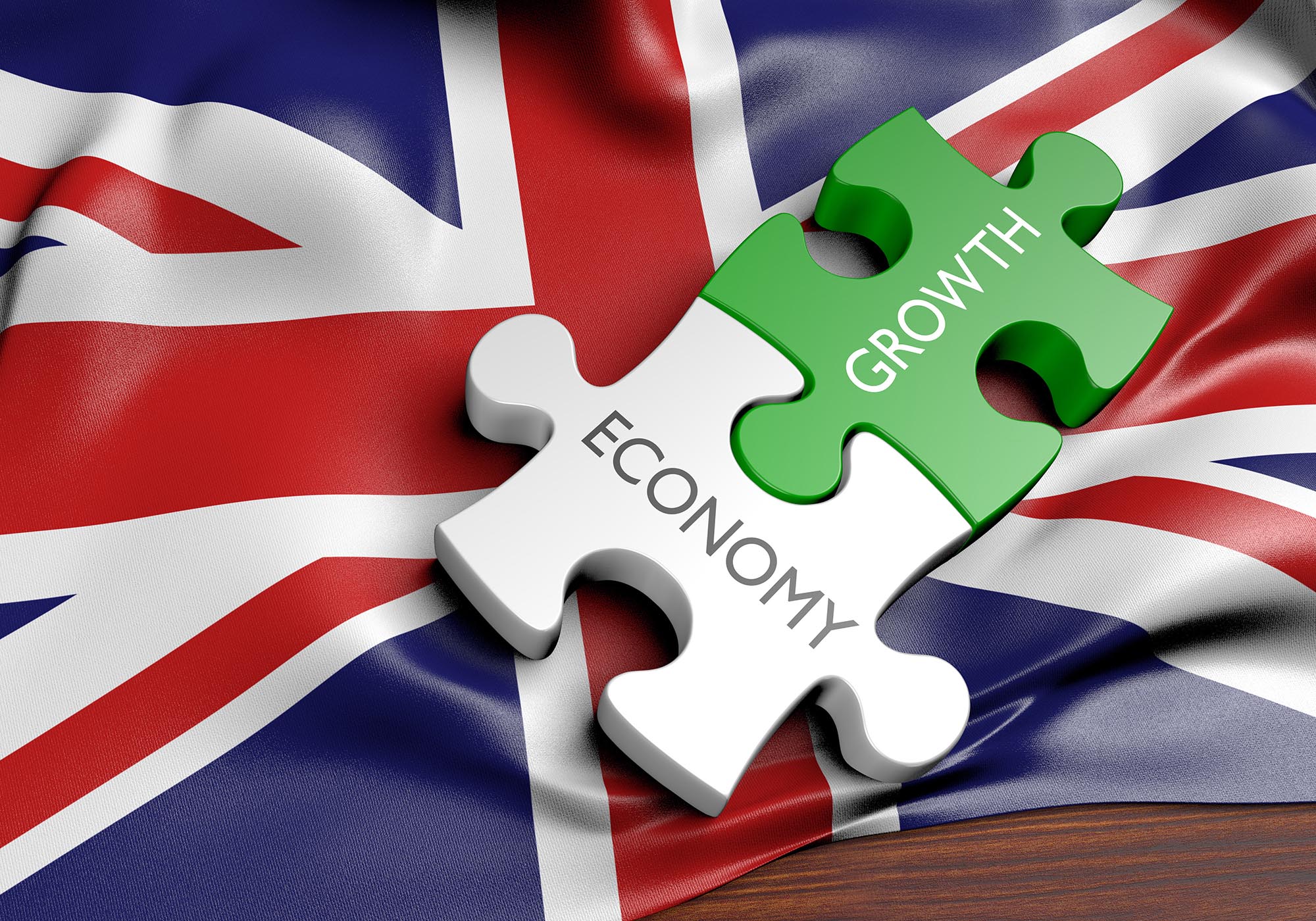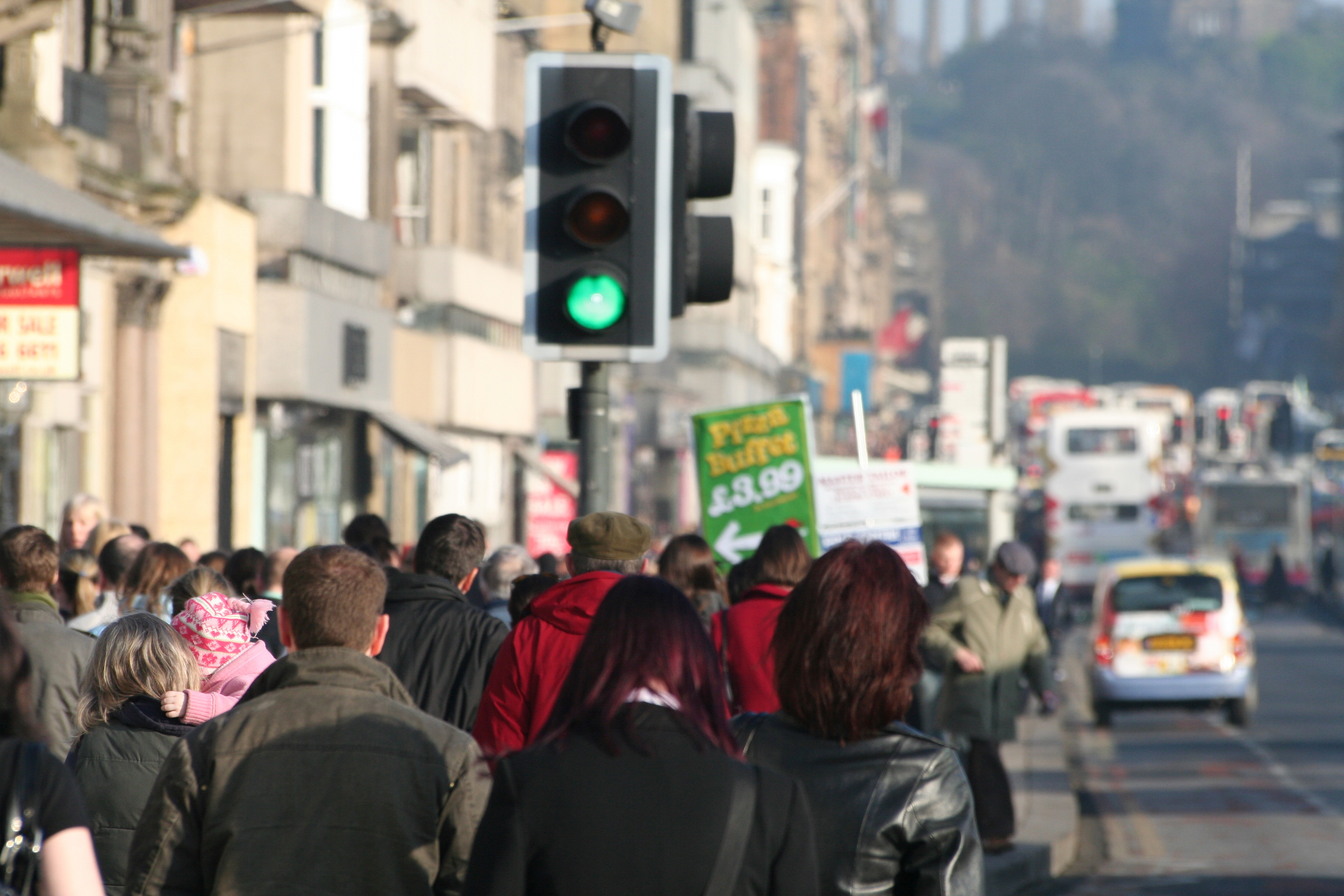A new 45% income tax band will be introduced for Scots earning between £75,000 and £125,140.
The top rate of tax, paid by those earning more than £125,000, will also rise from 47% to 48%.
The tax changes mean Scotland will have six income tax bands. Middle and higher earners in Scotland will pay more tax than other parts of the UK where there are three income tax bands.
The tax changes were announced in the Scottish Budget by finance secretary Shona Robison last night.
The Scottish Income Tax bands and rates proposed in the 2024-25 Budget are:
| Band | Rate | |
| Starter | £12,571 – £14,876 | 19% |
| Basic | £14,877 – £26,561 | 20% |
| Intermediate | £26,562 – £43,662 | 21% |
| Higher | £43,663 – £75,000 | 42% |
| Advanced | £75,001 – £125,140* | 45% |
| Top | Above £125,140 | 48% |
*Under the UK Government’s personal allowance policy, those earning more than £100,000 will see their personal allowance reduced by £1 for every £2 earned over £100,000.
Supporting the social contract in Scotland
The Scottish government says the new income tax band will raise additional revenue to deliver high quality public services and “support the social contract with Scotland’s people”.
The Scottish Fiscal Commission estimates that overall income tax will raise £18.8bn in 2024-25.
The commission also estimates that next year the Scottish Government will raise around £1.5bn more in income tax revenue than if it had followed the income tax policy of the UK Government, as a result of changes to rates and bands it has brought in since 2017/18.
Robinson said: “Managing the cumulative impacts of the UK Government’s disastrous Autumn Statement, high inflation and ongoing economic damage from Brexit means we have had to make difficult choices and prioritise support for those who need it the most.
“We are proud that Scotland has the most progressive income tax system in the UK, protecting those who earn less and asking those who earn more to contribute more. This in turn allows us to provide a more comprehensive set of services than in the rest of the UK.
“These targeted tax decisions are expected to increase our Income Tax revenue by £389m and have been carefully balanced with the needs of individuals, businesses and the wider economy, while ensuring we continue to build upon our progressive approach to taxation.”





